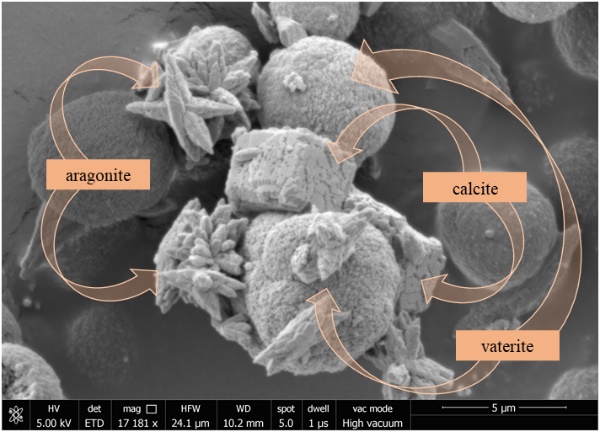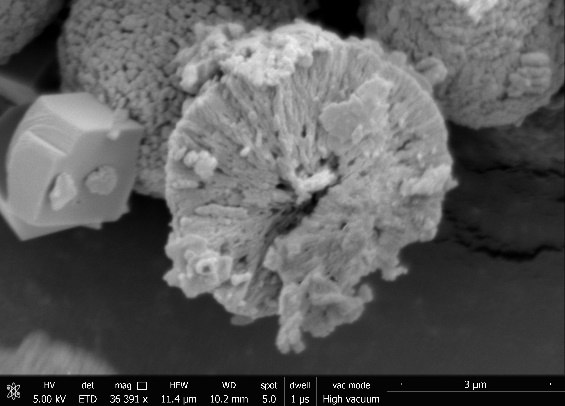Lara Jurkovic
Lara worked with us as a postdoc from 2021-22. She is now a Research Asociate at the Ruđer Bošković Institute.
The formation of minerals, such as calcium carbonate, in living organisms is called biomineralization. The trace element and isotopic composition of biominerals record the chemical and physical conditions when the biomineral was formed. These geochemical ‘tracers’ have been used to uncover million-year archives of Earth climate, study rock weathering through time, and uncover processes vital to carbon capture and storage (CCS). Biomineralization is a major process in the Global Carbon cycle, but we don’t fully understand it. To understand this crucial process, and its role in past and future climates, we need an accurate ‘translation book’ to interpret geochemical tracers as records of environmental processes. A fundamental knowledge of the precipitation of calcium carbonate minerals is essential to this ‘translation’, and that is my field of research.
Specifically, my work examines the geochemical discrepancies between synthetic precipitates and natural carbonate minerals. Many scientists explain these discrepancies as the result of biological processes, but I am examining whether ‘non-classical’ crystallization pathways involving the metastable polymorph of CaCO3 vaterite may also be important in this process. We rarely see vaterite in biominerals, but it could be involved as a transient ‘precursor’ phase during the formation of a biomineral. Could the formation and transformation of vaterite be the missing key in our biomineral translation book?


